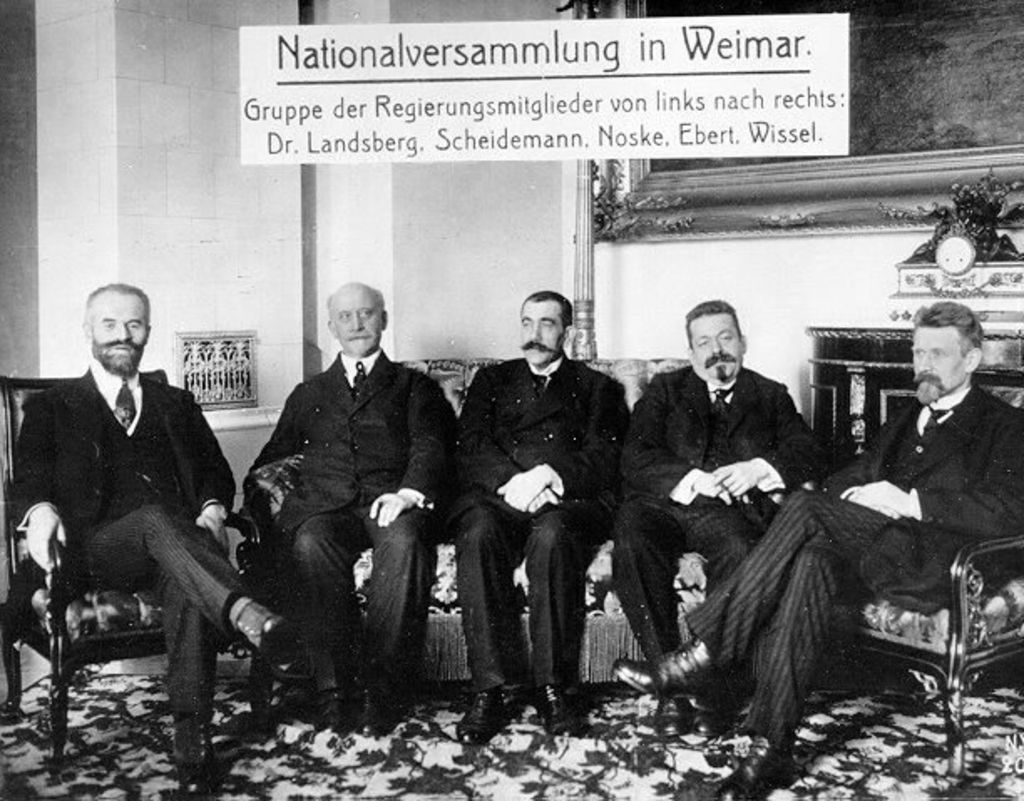

This understandings of socialist citizenship enabled many of its graduates to navigate the post-socialist political order, thus it is not simply a nostalgic reminder of a golden past, but exposes the frictions between ideals of socialist solidarity and the political reality of a post-colonial state in the Third World.


At the same time, they interpreted what a socialist citizen is or should be in their own way, thus using their education as what Bourdieu calls a strategy-generating institution. The SdF thus educated a cohort of people who came to regard socialist solidarity as a key component of their identity. Their understanding of socialist citizenship was based on a socialist ideal that even during the lifetime of Samora Machel was in many ways different from the reality within Mozambique and the FRELIMO party. The project findings demonstrate that in a rather paradoxical way, the School of Friendship (SdF) was successful in creating socialist citizens as envisaged in an almost mythical way by Samora Machel, the first post-independence president of then socialist Mozambique. Not least because the initiative provided a cohort of Mozambicans with opportunities that today do not exist in any comparable way, the project also raises questions about whether contemporary development assistance could learn from some of the initiatives that characterised cooperation between former socialist countries. The project has relevance beyond those personal histories and this particular case study, as it shows in exemplary fashion opportunities and pitfalls of socialist mobility and cosmopolitanism. This project, based on life history interviews with a sample of participants, analysed how the skills and experiences acquired abroad have been decisive for their future, and more generally their identity and sense of belonging. The fall of the Berlin Wall coincided with their return to Mozambique, a country itself strongly affected by the end of the Cold War and a change from socialist post-liberation state to a model of capitalist development. One such initiative between the former Germany Democratic Republic and Mozambique, the School of Friendship in Staßfurt, saw a cohort of 899 Mozambican children spend their secondary schooling in an East-German boarding school between 19. ‘Memories of Paradise’ – Legacies of Socialist Mobilityīefore 1989, ‘socialist’ countries pursued international development initiatives that differed from those by ‘Western’ countries, in particular in the field of cooperation in the education sector.


 0 kommentar(er)
0 kommentar(er)
